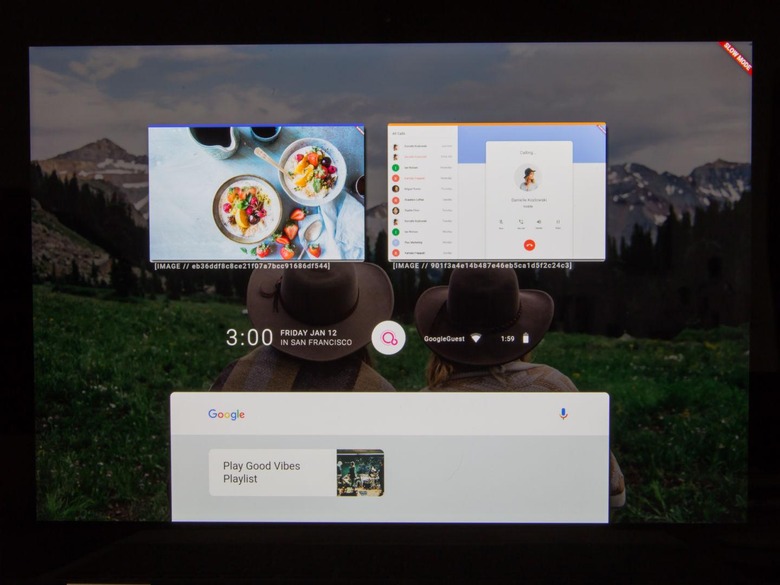Google Fuchsia OS On PixelBook: Possible But Not Yet Worth It
Google is not one to sit still on anything, be it a design language, product, or platform. It's almost a miracle that Android, let alone Chrome OS, has lasted this long, though both have undergone deep surgery repeatedly. So it isn't exactly shocking to learn that Google was, and still is, working on yet another operating system, the so-called Fuchsia OS. While it's still mostly under wraps, it's possible to actually test it on the latest Google PixelBook. It's not an easy journey though, and one that might be worth it just for curiosity's sake.
Fuchsia isn't the merged Android and Chrome OS people may have been waiting for, yet, at the same time, it is. It is built from the ground up, not even using the Linux kernel this time, but does take lessons and conventions used on both Android and Chrome OS. Given that, it's not exactly surprising that it's not easy to install Fuchsia just to take it for a spin.
In fact, it's extremely hard, even if you have a PixelBook. The way Fuchsia has to be installed, at the moment at least, is that you boot into a USB stick that connects to the Internet, compiles the entire OS on a remote computer, and then downloads 1.5 GB of files over the wire (or wireless for that matter) to install on the device. No need to keep Fuchsia OS under lock and key. That alone would dissuade majority of even the most curious from trying it out.

As can be expected, very few things work inside the OS. Fortunately, most of the hardware, except the wireless radio, do work, from the display to the touch screen to the USB ports. Considering this is an operating system built completely from scratch, it is a miracle those even work. Then again, Google knows its own PixelBook well enough. Apps, though, are a different matter and there are more that don't work than there are that do. Still, it's under heavy development, so it can be expected.
Two years in, it's still unclear where Google plans to head with Fuchsia OS. You might think it will be all in on it after spending so much time and manpower, but this is Google we're talking about. If anything, it could simply take what it learned from the (mis)adventure and apply it on both Android and Chrome. Or even a future "fused" Andromeda OS.
VIA: Ars Technica
